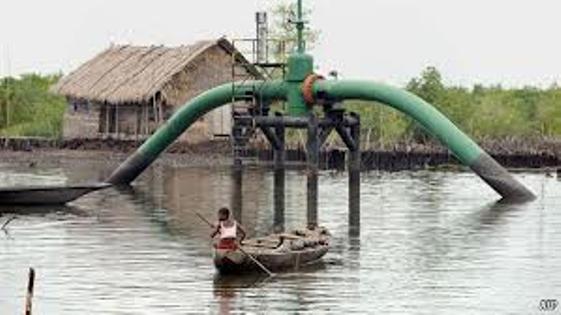
Luke Gordon
It is not uncommon to see people taking a cover and resume as generally the same thing, after all you are applying for a job directing through the same objective. Agreeably, both share the same purpose defining your core competencies and skills in order to convince the employer right you are the right fit for the job.
However, when it comes to the structure and intent of the two documents, both have considerable differences that students and professionals need to clearly understand.
Broadly speaking, the cover letters are more than the mere bulleted pointers that we drill into our resume every now and then.
Mostly, a resume is essentially required to be submitted along with the job application for a position. On the other hand, a cover letter is rather optional, but only emphasizes your chances of getting a call for interview greatly.
A Cover Letter or a Resume?
A resume is considered as a summarized piece stating your employment experience, while a cover letter is also a summary of your work experience, but it specifically relates to the position you’re applying for.
The resume enlist the details of your work experience. It typically summarized the job you have done over the course of your career, your qualifications, certifications, skills, and other quantifiable details explaining your academic and professional history.
The most common form of resume is the one we typically use for most job applications including details, such as, the experience section including the job titles, job descriptions, employment tenure, the education section containing the degree and majors completed or in process, name of institute, contact information, and other relevant pointers.
Furthermore, a resume is written from the third person’s perspective while summarizing the details. For example, rather than writing, “I lead the project of Resource Calendar for the Content Development team”, you can write, “Lead the Resource Calendar project for the Content Development team”.
As stated above, try to use the quantified information in your resume as much as possible, for example, number of resources lead, percentage of revenue growth, number of appreciative feedback received from customers, number of revisions done for a complex project, and so on.
A cover letter is normally written to emphasize the qualifications you have acquired for the job you are about to apply for. It will actually provide the HR personnel an additional information or your qualifications convincing them why you are the right fit for that particular position.
As the name suggests, a cover letter is written in a “letter” format containing a salutation, one or more paragraphs, and a closing. As for addressing, unlike a resume, here you will be using the first-person statements to write the content. However, avoid using excessive use of “I” starters.
Author Bio
Luke Gordon is a professional career development trainer and has the experience of conducting numerous workshops across the globe for students and professionals. Besides his regular job, Luke also operates a company excelled in assignment writing UK with the aim of catering college and university level learners from different majors.
For more discussions on education and careers, join our forum, HOTPROFORUM
Subscribe free to JarusHub for more tips on careers and education
[subscribe2]
Established in March 2013, JarusHub is a Nigerian information hub with focus on career and management. It is rated Nigeria's most authoritative destination for online career resources. It parades an array of Nigerian professionals who share their career experiences with a view to bridging career information gap and mentoring a generation to success. JarusHub has revolutionised career information and experience sharing in Africa. Whether you're a student, a recent graduate or an established professional, or even an executive, you will always find something to learn on JarusHub. All enquiries to jarushub@gmail.com or 0808 540 4500. Facebook: www.facebook.com/jarushub; Twitter: @jarushub or @mcjarus.
Q&A on CV: Presenting Secondary School Attendance Without Certificate
September 13, 2019How to Address Layoff on Your CV or Cover Letter
May 27, 2019





How about making money from just uploading hostel pictures?
For more information, visit ats.ng